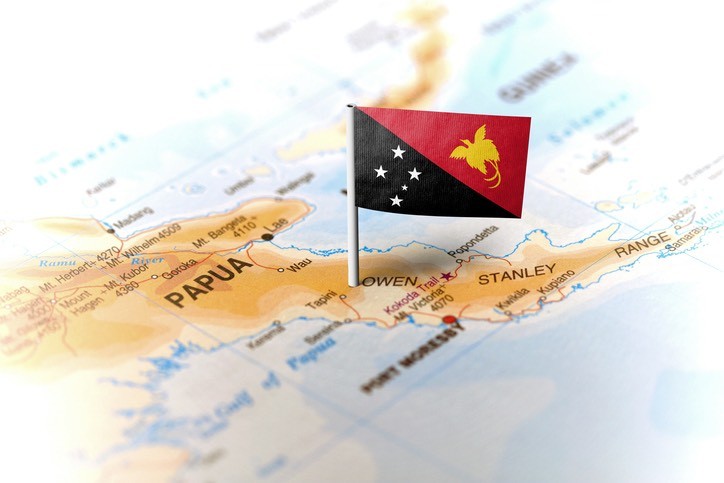A rebounding agricultural sector and improving efficiency in liquefied natural gas (LNG) production are recent highlights of the PNG economy, according to new report released by the World Bank yesterday. Nonetheless, growth slowed in 2017 owing to necessary public spending adjustments, coupled with foreign currency shortages.
The ‘Papua New Guinea Economic Update’, the first in a new twice-yearly series from the World Bank, was launched yesterday in Port Moresby and aims to provide ongoing analysis of PNG’s economy.
“The government has initiated efforts to stimulate the economy and inclusive growth through its 100-Day Economic Stimulus Plan. The 2018 Budget, in conjunction with the Medium-Term Fiscal and Revenue strategies, provides further evidence of the government’s intent to strengthen the fiscal framework,” said Michel Kerf, Country Director for Papua New Guinea & Pacific Islands.“Commitments to reinforce resilience to fluctuating commodity prices by disentangling government spending from volatile resource revenues, and plans to establish the sovereign wealth fund are particularly encouraging. Strong efforts must be made to contain wage bill costs, which are straining funds available for key public services”, he added.
Government revenue in the first half of 2017 grew 6.7 percent, less than the 15 percent expected in the budget, while spending has been higher than planned, necessitating the cuts to capital spending announced in the 2017 Supplementary Budget.
Despite these immediate challenges, the economic outlook appears more positive in 2018, with real GDP growth projected to increase to 2.5 percent from 2.1 percent in 2017.
PNG is establishing itself as an efficient, low-cost producer of LNG, positioning the country well for future investment in the sector. Moving forward, the report suggests that the government will need to carefully consider the terms for any future LNG project to maximize the benefits accrued to the citizens of Papua New Guinea. Furthermore, the report adds that it is important to create an enabling environment for the non-resource sector to flourish.
The economic update includes an in-depth analysis of health service delivery in PNG, highlighting progress in the sector, while acknowledging the need for more efficient health spending, and better use of available human resources, infrastructure and health materials.
“One of PNG’s most crucial asset is its people, so investing in human capital is vital to the well-being and productivity of the country,” said Patricia Veevers-Carter, World Bank Country Manager for Papua New Guinea. “Despite progress in improving health outcomes, indicators remain low compared to PNG’s peers. Child malnutrition is an especially serious concern. With added pressure on public spending over the next few years, it will be crucial to safeguard funding of basic health services, including outreach activities.”

